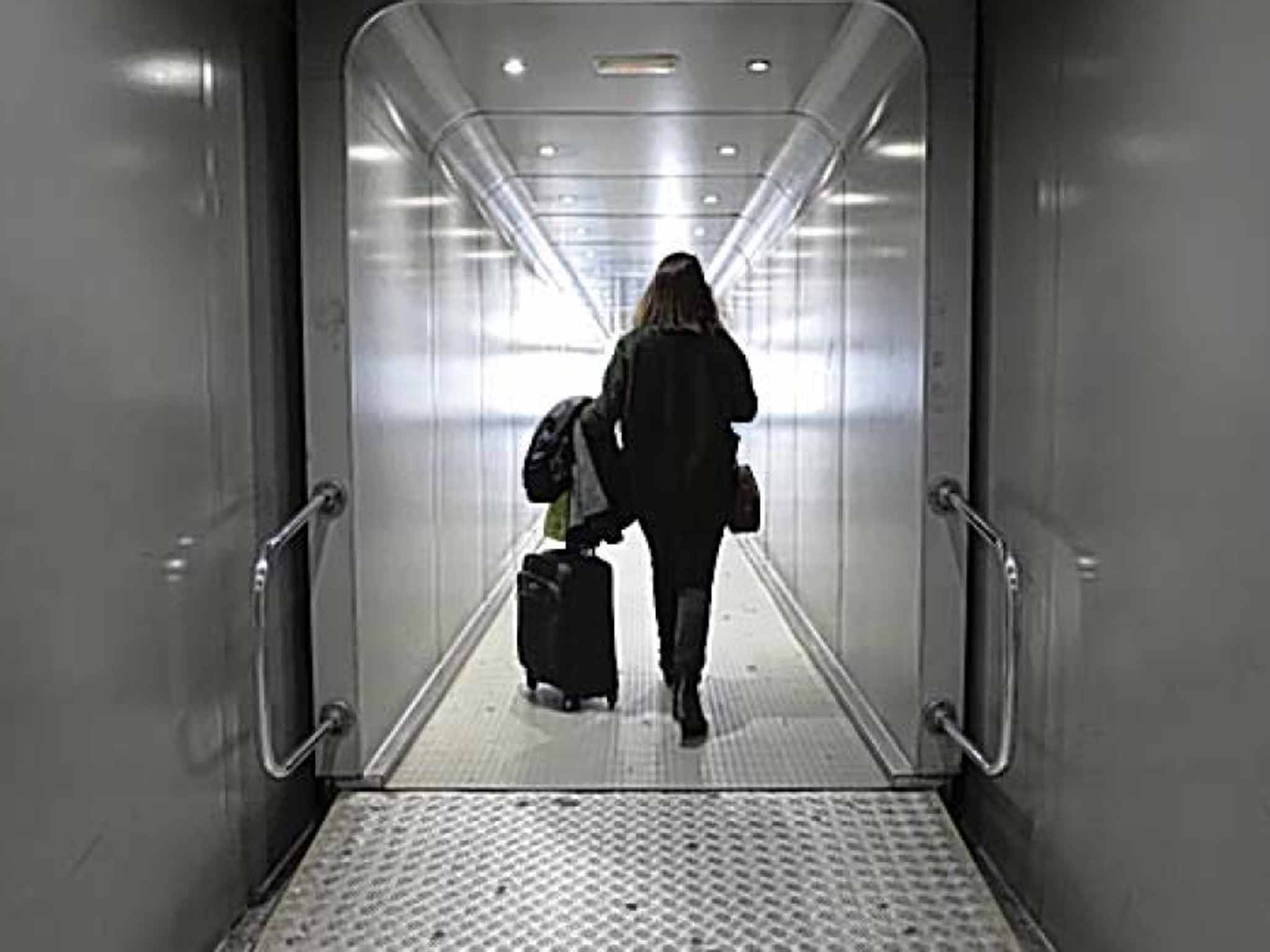Why flight crews must work as a team: Flying after the Germanwings tragedy
Those in the cockpit and the cabin remain the people who keep me safe in the air

The everyday changed; the normal became less so. If you have taken a flight since the Germanwings tragedy last month, you probably behaved differently. Perhaps you cast a longer than usual glance into the cockpit as you boarded. There was a new-found curiosity about the men and women "at the pointed end" of the plane.
Those visions of tall, authoritative figures striding to the gate have been distorted by Andreas Lubitz. Our relationship with those flying the plane has taken on a darker hue.
Both flight crew and cabin crew have noticed a change. The day after Flight 9525, a Germanwings pilot reportedly stood in front of his passengers and told them that he wanted to have dinner with his wife that night. Other airline crew have found themselves interrogated by passengers. CNN's aviation analyst, Les Abends, told me of a purser who was upset when a passenger questioned him about the captain's personal circumstances. One pilot told me passengers were boarding with a look of mistrust.
The reaction from these passengers, while deeply unfair, is understandable. There are few moments when we hand over such complete control of our lives to strangers. On a ferry we could at least board a lifeboat or, we naively imagine, swim away from the unthinkable. But a plane crash? We listen to the safety demonstration, but few would remember how to put on a life jacket, let alone harbour realistic thoughts of survival.
I have interviewed many pilots. Alongside surgeons, they are probably the toughest interview subjects; both hold people's lives in their hands. Pilots are almost always distressingly blunt, and are rarely contrived. One captain refused me permission to film in the cockpit, even though we were with the airline's CEO. This was his plane, his rules.
But now we wonder if that frankness could betray something else. One person's single-minded, fearless individual is another's reckless loner. The relationship between air crew and airlines is now under scrutiny, and rightly so.
Crew Resource Management, or CRM as it is known, is vital to any airline. The flight crew must work as a team, and many accidents are the result of that teamwork breaking down. Incidents such as the alleged fracas between pilot and co-pilot on an Air India flight earlier this month do not inspire confidence; the fact that that aircraft was subsequently allowed to take off even less so.
We can't legislate for everything. Tragedies will occur when people and accidents slip through the cracks. Aviation now realises it needs a more refined system for identifying such issues.
But I will still happily board a plane (I do it more often than most). I will listen to the safety briefing, even though I can recite it backwards, and most important of all, I will remember to say "thank you" to those in the cockpit and the cabin; because they remain the people who keep me safe in the air.
Richard Quest presents 'Quest Means Business' on CNN, Monday to Friday, at 9pm. Twitter: @richardquest
Join our commenting forum
Join thought-provoking conversations, follow other Independent readers and see their replies
Comments
Bookmark popover
Removed from bookmarks